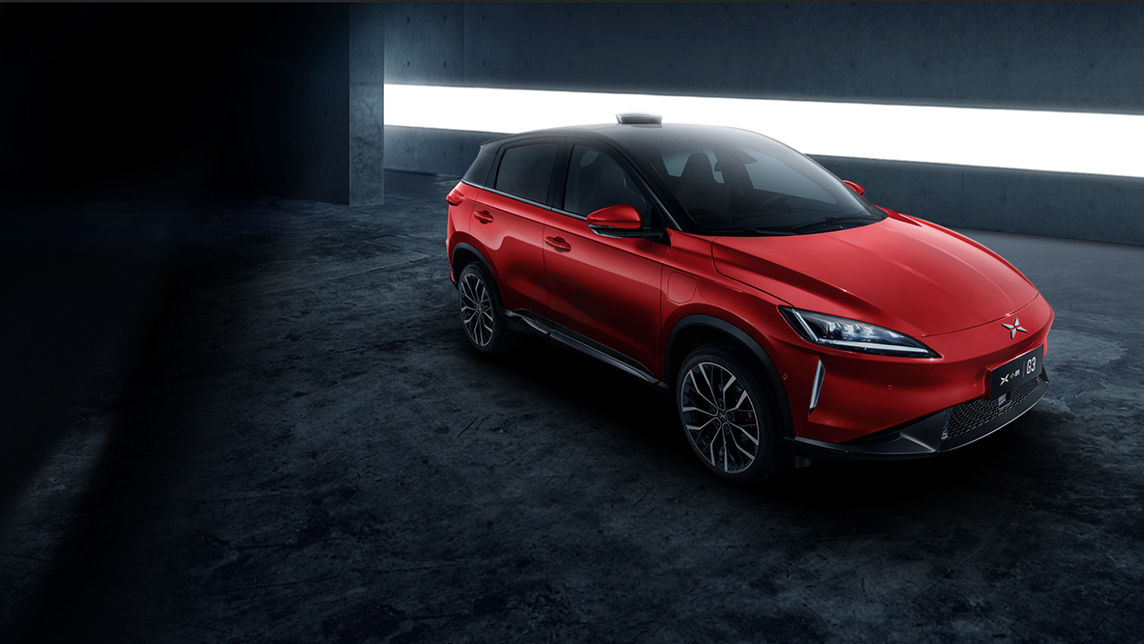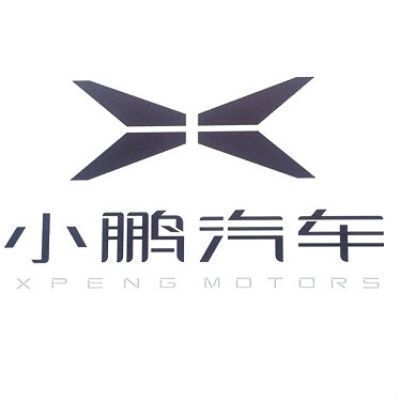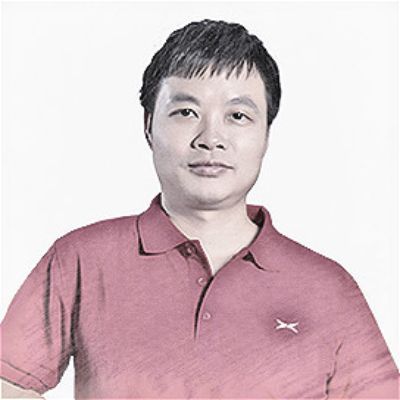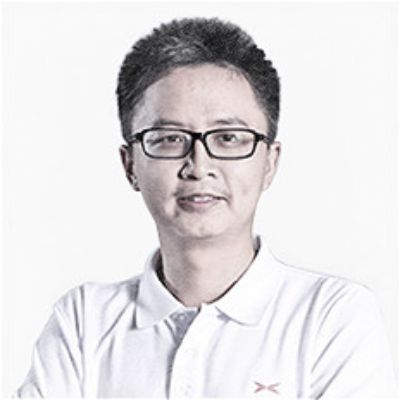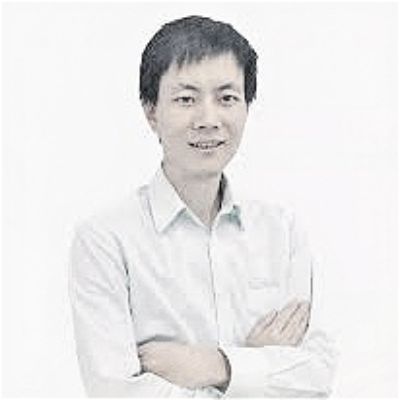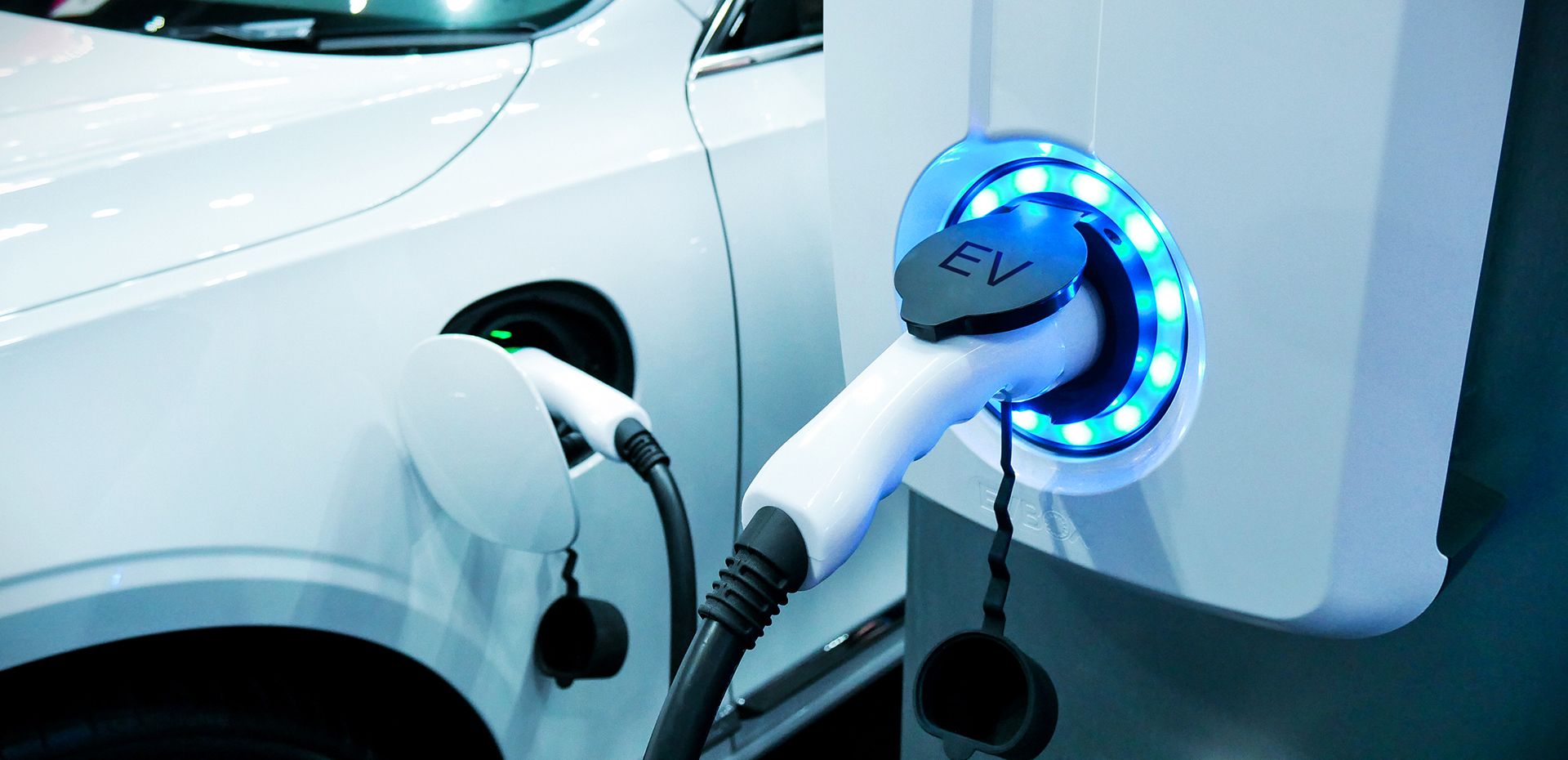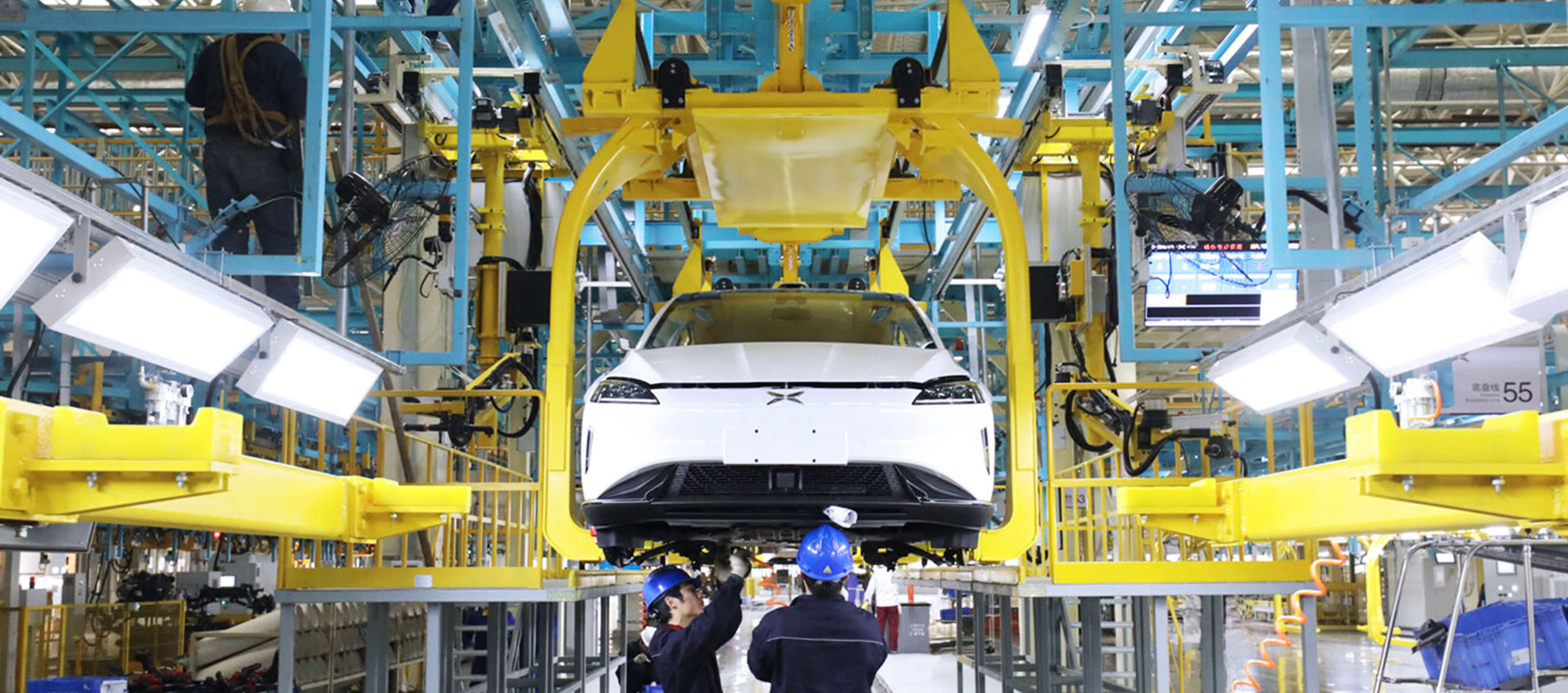When He Xiaopeng founded Xpeng Motors in June 2014, he was already a successful entrepreneur. He had just sold his web browser, UCWeb Inc., to Alibaba for around US$4.35 billion earlier the same month.
Just two days after the UCWeb acquisition, Elon Musk announced that Tesla would make public all its electric car patents. He Xiaopeng reached out to the business magnate for more details on the move to open source. “You can use these patents. How you use them is none of our business," replied Musk.
He, who owns a Tesla Model S, had already been considering building EVs for the Chinese market. Musk’s move created the business opportunity he had been looking for. Along with a number of other competitors, including NIO and WM Motor, He entered the ring.
The Xpeng model
Xpeng Motors, which builds “intelligently connected and all-electric cars for the young generation,” aims to offer a high-quality user experience through cool features and trendy designs.
The design of Xpeng’s G3 SUV’s LED headlights was inspired by the Star Wars Jedi Knight Lightsaber. The front seat is reminiscent of a space capsule: it features a large glass windshield with a panoramic view. The car is equipped with a 360-degree roof camera that, when activated, can take pictures and make videos of the drive. The self-parking function, which can be controlled via voice command, is particularly useful for drivers in cities with a dearth of wide parking spaces.
In addition to creating a fun driving experience, Xpeng Motors is also committed to addressing the practical needs of potential buyers.
Some drivers are concerned about making the switch to EVs for fear that they might run out of electricity on the road and find themselves stranded. To assuage this concern, Xpeng, the only Chinese EV maker to do so, is building its own extensive charging network.
Over the next three years, the company will construct more than 1,000 supercharging stations and 10,000 charging piles nationwide. Xpeng’s third-party partners are installing another 100,000 charging piles. Once the charging infrastructure is in place, Xpeng drivers will never have to worry about running out of electricity in a remote location.
To bypass the requirements for a production license, Xpeng Motors has teamed up with established automaker Haima Motor. The partnership helped the startup get its production model, Xpeng 1.0, certified by the Ministry of Industry and Information Technology in July 2017, making it the first EV maker in China to successfully obtain a sales license.
The partnership has also allowed Xpeng to commence mass production. In October 2017, the startup’s first 15 mass-produced vehicles rolled off the assembly line at Haima Motor’s Zhengzhou plant. Xpeng has finished constructing its own manufacturing plant in Zhaoqing, which will become operational in 2019.
When Xpeng began presales of the G3, its first mass-production model, in April, 2,000 vehicles, priced between RMB 200,000 and 280,000, were ordered in the first 29 hours. As of August, nearly 6,000 G3s have been pre-ordered. The G3 officially went up for sale and was delivered in this month.
A promising EV market
Burning cash is quite common among EV manufacturers, especially during early stages. Due to high R&D costs, low volume production and intense competition, all Chinese EV startups, Xpeng Motors included, are currently unprofitable.
Tesla, which had already been mass producing vehicles for five years in 2017, ended the year US$9.4 billion in debt. Rival Chinese EV maker NIO, which has raised RMB 20 billion in funds, reported a net loss of RMB 3.3 billion in June 2018.
Despite the losses, investors are eager to participate when EV startups seek new funding rounds. “Those who have driven Tesla models believe firmly in the future of EVs. It is so easy to talk them into investing in us,” said He. All of Xpeng Motors’ angel investors own Teslas.
The government is also offering support to this emerging industry in hopes of seeing a few Chinese electric vehicle makers included on the global top ten list by 2020. In 2017, China adopted 32 supportive measures to encourage the development and use of EVs. In December 2017, the central government extended the purchase tax exemption for electric vehicles, which was set to expire in 2018, until the end of 2020.
A winning team
A high-quality R&D team is a must for an EV startup to overcome technological challenges such as creating batteries that give the vehicle enough range for both daily use and long journeys. This area is where Xpeng Motors shines.
Xpeng’s three co-founders have many years of experience in EV development. Henry Xia used to be head of R&D on a new energy control system for the GAC Automotive Engineering Institute. He Tao once worked as head of R&D on a new energy bus system for Shanghai Expo. Yang Chunlei had been in charge of the electric vehicle project at Guangzhou Automobile Group Co., Ltd., for four years before he joined the founding team of Xpeng Motors.
The combination of expertise and access to Tesla’s patents helped Xpeng Motors achieve a lot quickly. The startup finished R&D on its battery, motor, electric controller and center console screen – the core components of an electric vehicle – for its first concept car by October 2015. In September 2016, Xpeng Motors became the first among the new generation of Chinese EV makers to release a Beta version of a production-ready model.
In October 2017, two more heavyweights from the EV industry were onboarded. Dr. Gu Junli, former lead for machine learning at Tesla, is now in charge of Xpeng Motor’s autonomous driving team and developing the startup’s autonomous driving software. Dr. Liu Minghui, former deputy director of FAW Technology R&D Institute, joined Xpeng Motors to lead R&D on its propulsion system. Of Xpeng’s 3,000 employees, about 60% of them work in R&D.
“It feels so good to convince a steady flow of talents to join us,” wrote He Xiaopeng in a Weibo post.
The greatest hurdle for EV companies, however, is not overcoming technological challenges, but rather achieving financial success. To tackle this more daunting obstacle, Xpeng has recruited top financial management talent as well.
At the end of 2017, Executive Vice Chairman of Alibaba Joe Tsai appeared on the list of Xpeng Motors’ board members. The backing of Tsai and Alibaba, which participated in Xpeng’s Series A and B rounds in exchange for a 10% stake in the company, has helped convince other investors to participate.
In March 2018, Dr. Brian Gu, formerly of JP Morgan Asia Pacific Investment Bank, joined Xpeng as vice chairman and president. His first major task was to help bring the total amount raised by the company to US$1 billion by the end of 2018. In August, Robert Bao, who used to be the sole portfolio manager at the Fidelity China Region Fund, was brought on to assist with fundraising, among other functions.
As Elon Musk said in a recent interview, “As a startup, a car company, it is far more difficult to be successful than if you’re an established, entrenched brand.” But maybe, with a great product and some of the world’s top talent, success is within reach.
